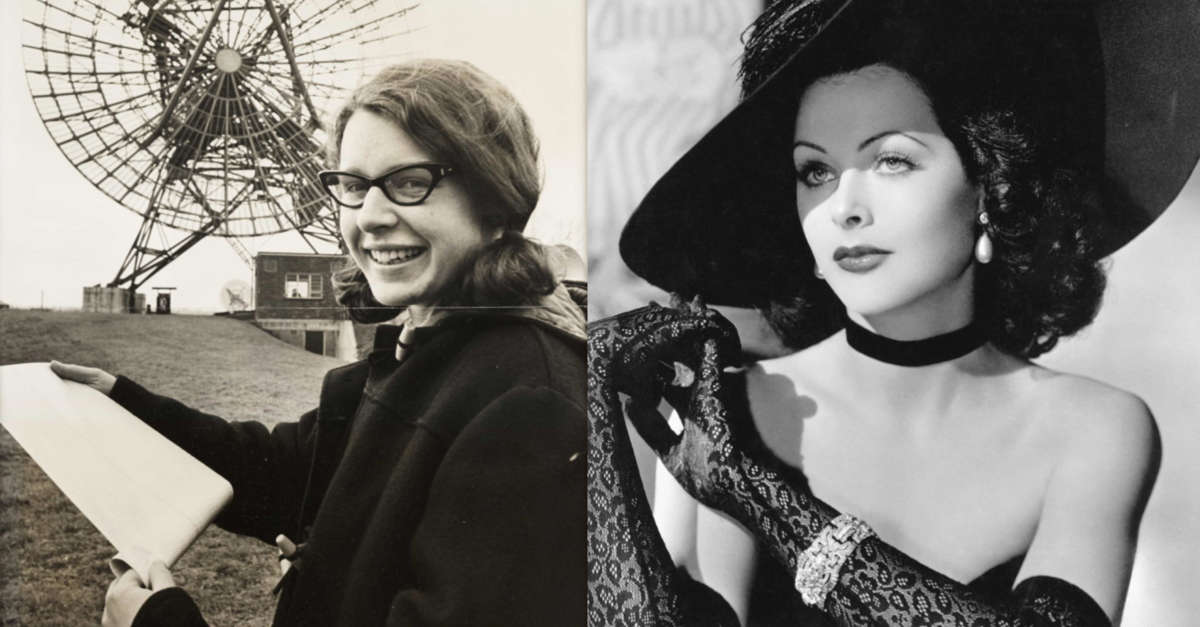Older women face a greater risk of death from heatwaves in Australia and all over the world as a result of global inaction on climate change.
Now, a group of 2500 such women in Switzerland have brought the issue into sharp focus, by fighting and winning a landmark case in Europe that links climate inaction to human rights violation.
The group won their victory overnight in the European Court of Human Rights, which ruled Switzerland had violated the rights of the older Swiss women by failing to deliver a decent strategy for cutting emissions.
This win will have ramifications throughout Europe and the world, inspiring others to take action through the courts and pushing governments to consider their obligations to citizens further.
Anne Mahrer, Co-President of the Swiss Senior Women for Climate Protection, said following the ruling that it comes after nine years of fighting for climate justice, with the support of Greenpeace.
“After the Swiss courts refused to hear us, the ECHR has now confirmed that climate protection is a human right,” she said.
Source: 2500 older Swiss women just landed a massive climate victory – Women’s Agenda






